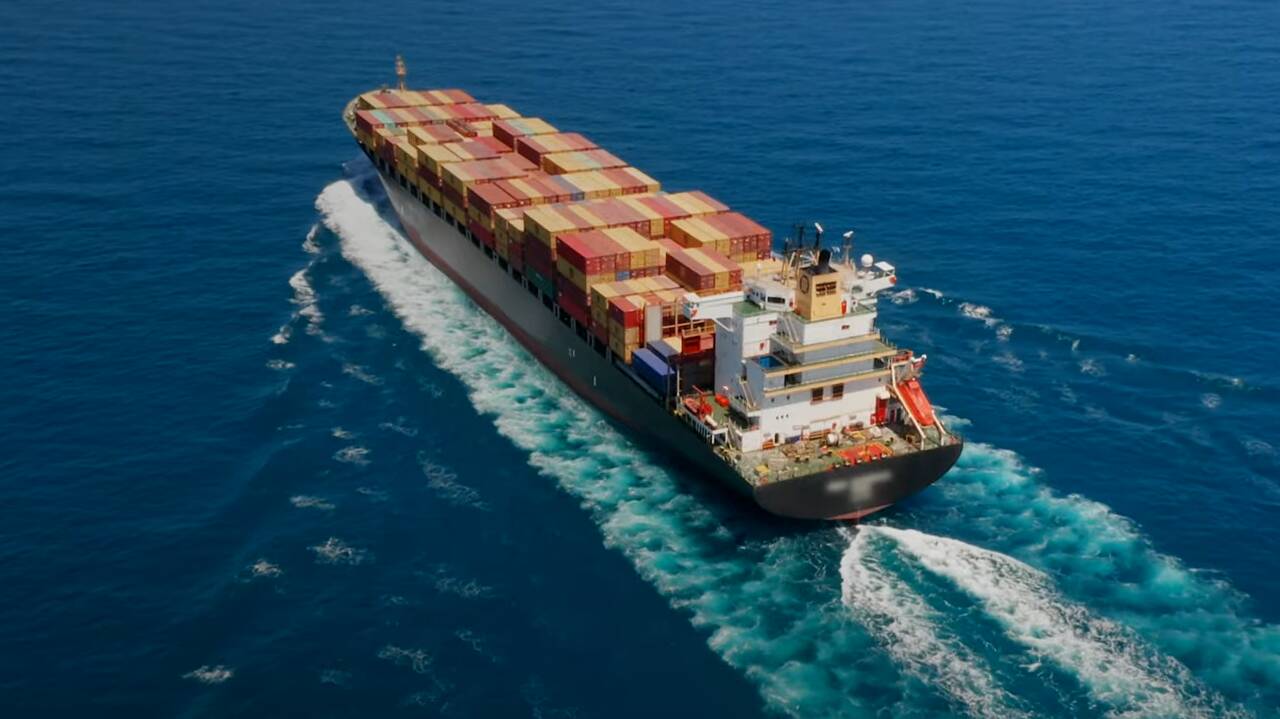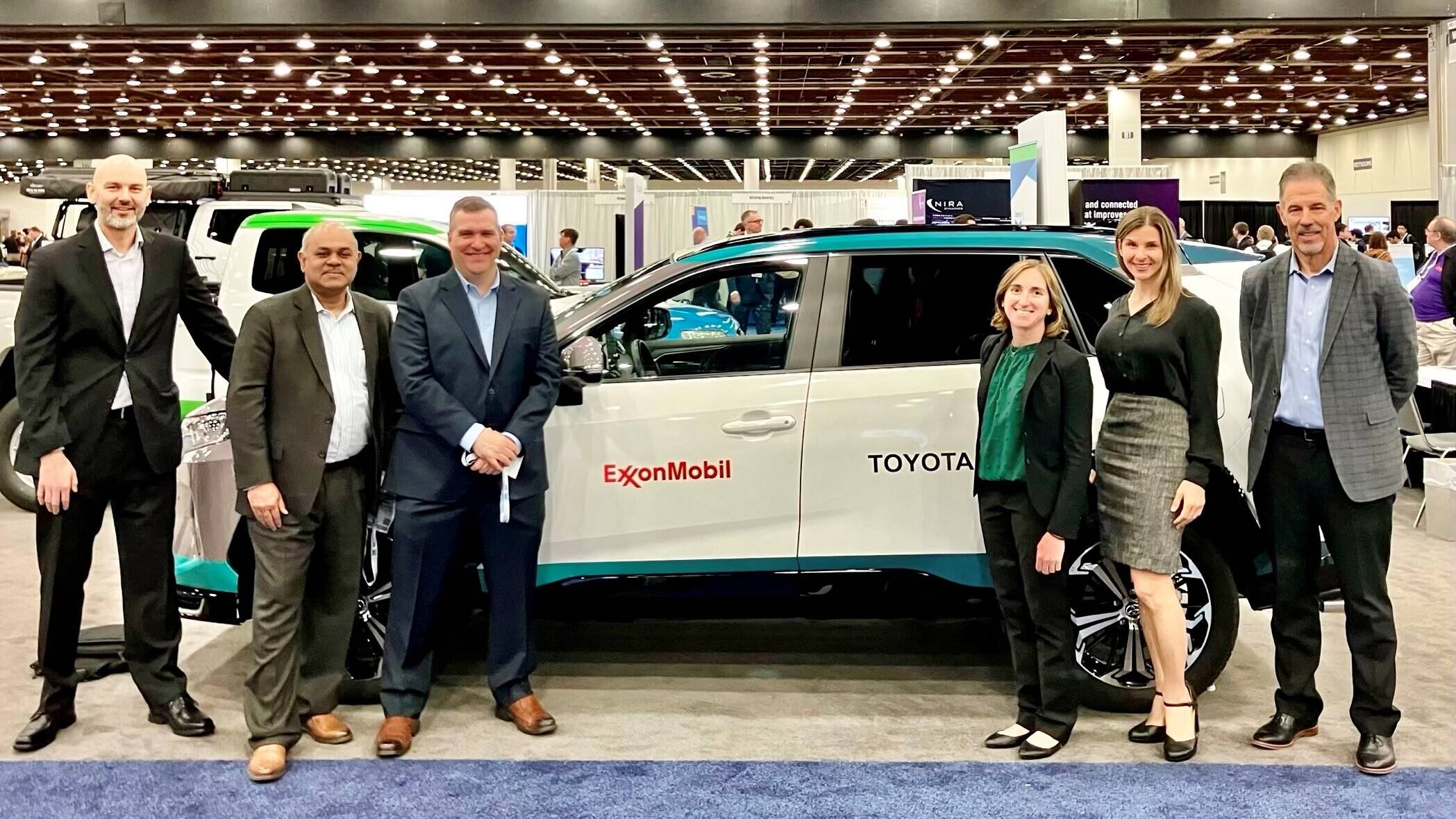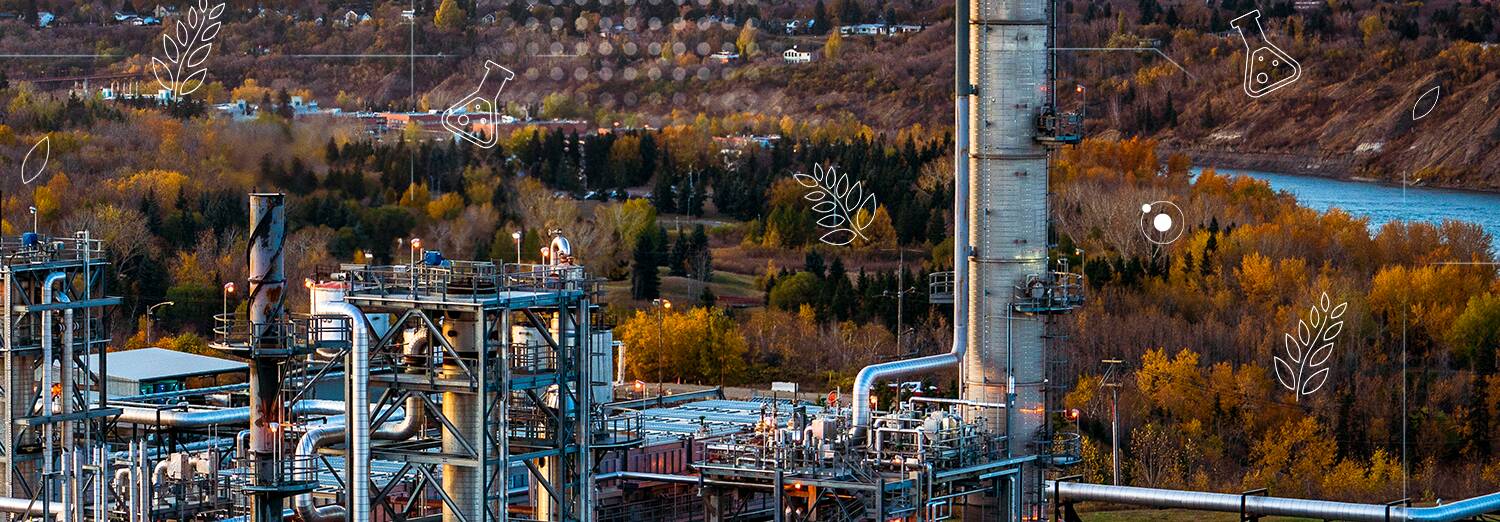selected item
Renewable diesel for our changing world
Diesel drives international commerce and global development, but this traditional fuel also has a carbon footprint. And, while the global demand for energy continues to grow, so does the demand for solutions with lower greenhouse gas (GHG) emissions. That’s where diesel made from renewable sources comes in.
Imperial Oil’s Strathcona Refinery in Alberta, Canada, is an ExxonMobil majority-owned affiliate where engineers are working to create sustainable solutions for our changing world. This cutting-edge facility will use locally-sourced biofeedstock, supplemented by blue hydrogen with carbon capture and storage technology, to create lower-emission renewable diesel that functions similarly to its traditional counterpart.
Meet some of the people at Strathcona who are at the forefront of this technology and hear about what creating renewable diesel means to them and to the world of transportation.
Learn more about our work in renewable diesel and alternative fuels.
Explore more

From lab to track: our LEFs power Red Bull KTM Factory Racing
2 min read
•
Can ships run on biofuel?
4 min read
•
Expert spotlight: Brianne Kanach - from intern to advancing lower-emission fuels
3 min read
•
Fueling America's future with Toyota
2 min read
•
Co-processing: Making tomorrow’s fuel with today’s facilities
2 min read
•
